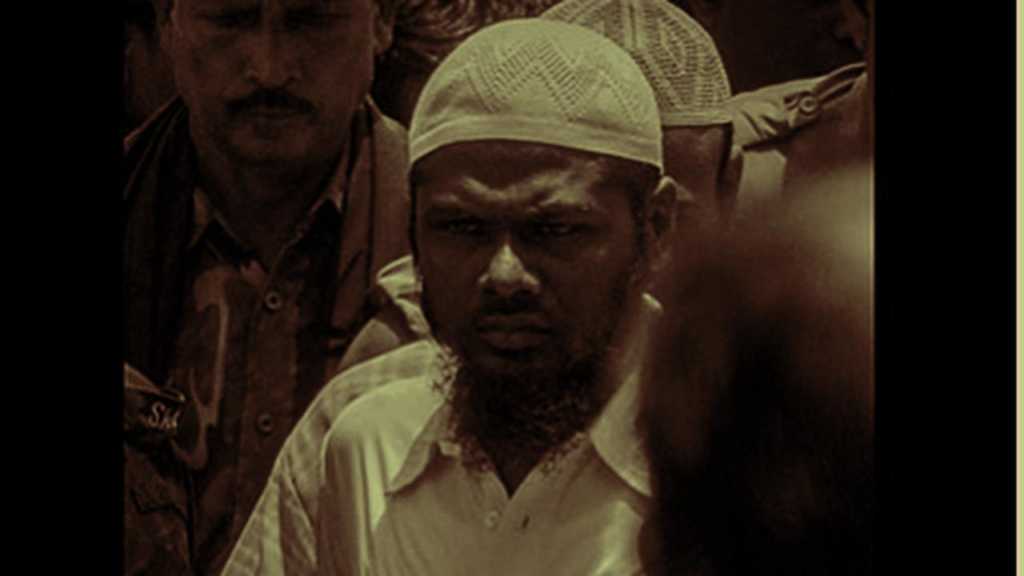In a major breakthrough in counter-terrorism, five accused in the 2013 Bodh Gaya serial bomb blasts case were sentenced to life imprisonment on Friday. The case had been going on in the special National Investigation Agency (NIA) court in Patna which pronounced the judgement on 31st of May. The five accused Imtiyaz Ansari, Haider Ali, Mujib Ullah, Omair Siddiqui and Azharuddin Qureishi were convicted by the special NIA court on May 25 under many sections of the Indian Penal Code, the Unlawful Activity (Prevention) Act and the Explosives Act while the sixth accused, who was a juvenile then had earlier been sentenced to three years of confinement in a remand home. Judge Manoj Kumar Sinha imposed a fine of Rs. 10,000 on all the convicts and also sentenced convicts Haider Ali and Omair Siddiqui to fourteen and seven years of imprisonment.
The Bodh Gaya serial blasts happened on the 7th of July, 2013. Ten bombs exploded in succession in and around the temple premises. Mahabodhi Temple in Bodh Gaya is the holiest destination for Buddhists and many Hindus too visit the site. Mahabodhi Temple is visited by followers of Lord Buddha from all around the globe. The NIA had, in November, held the Indian Mujahideen responsible for carrying out the dreadful attack on the Mahabodhi temple premises. CCTV footage revealed the identity of the attackers whose network ranged from Ranchi in Jharkhand to Guwahati in Assam. The parts for the bombs were obtained from places in Gujarat and Assam, which certified that it was a planned terror attack by a network which had pan India presence. The bomb disposal squads had successfully defused three more bombs which were kept around the area.
The Bodh Gaya serial bomb blasts were a serious attack on Buddhist minorities in India and on their religious site. The terrorist organisations probably wanted to harm the global image of India too by carrying out these attacks. It was very similar to the attacks in Mumbai where Jewish sites were attacked by Pakistani terrorists. Indian Mujahideen had links to Pakistan and the blame for planning and plotting of the attacks therefore can be put on the Pakistanis who brainwash some people from the Muslim community to spread terror on Indian soil. Buddhists are a minority in India with just over 8 million or (0.80%) population. An attack on possibly the most revered site for Buddhists around the globe was condemned by India as well as the neighbouring countries. Sri Lanka, Thailand, Myanmar and other countries had openly condemned the attacks while His Holiness The Dalai Lama too had expressed sadness over the mindless attacks.
The attacks gave us a few important lessons. India should focus more on protecting the rights of the real minorities like Buddhists and Sikhs. The terror network of the Pakistan backed forces had reached deep down into tier three cities and villages, which needed to be cut down effectively and immediately. The third and possibly the most important lesson for us would be that the terrorists had started targeting anyone whom they believed was not one of them. The mindless attacks on Buddhist temple had led to the crackdown on terror organisations in India. On this day, when the guilty have been punished we need to remind ourselves of the threat terrorist organisations pose in India. Their religious extremism sees no good or bad, no moral compass exists in their minds and to end them possibly India too should not shy away from taking strong decisions in the times to come.
